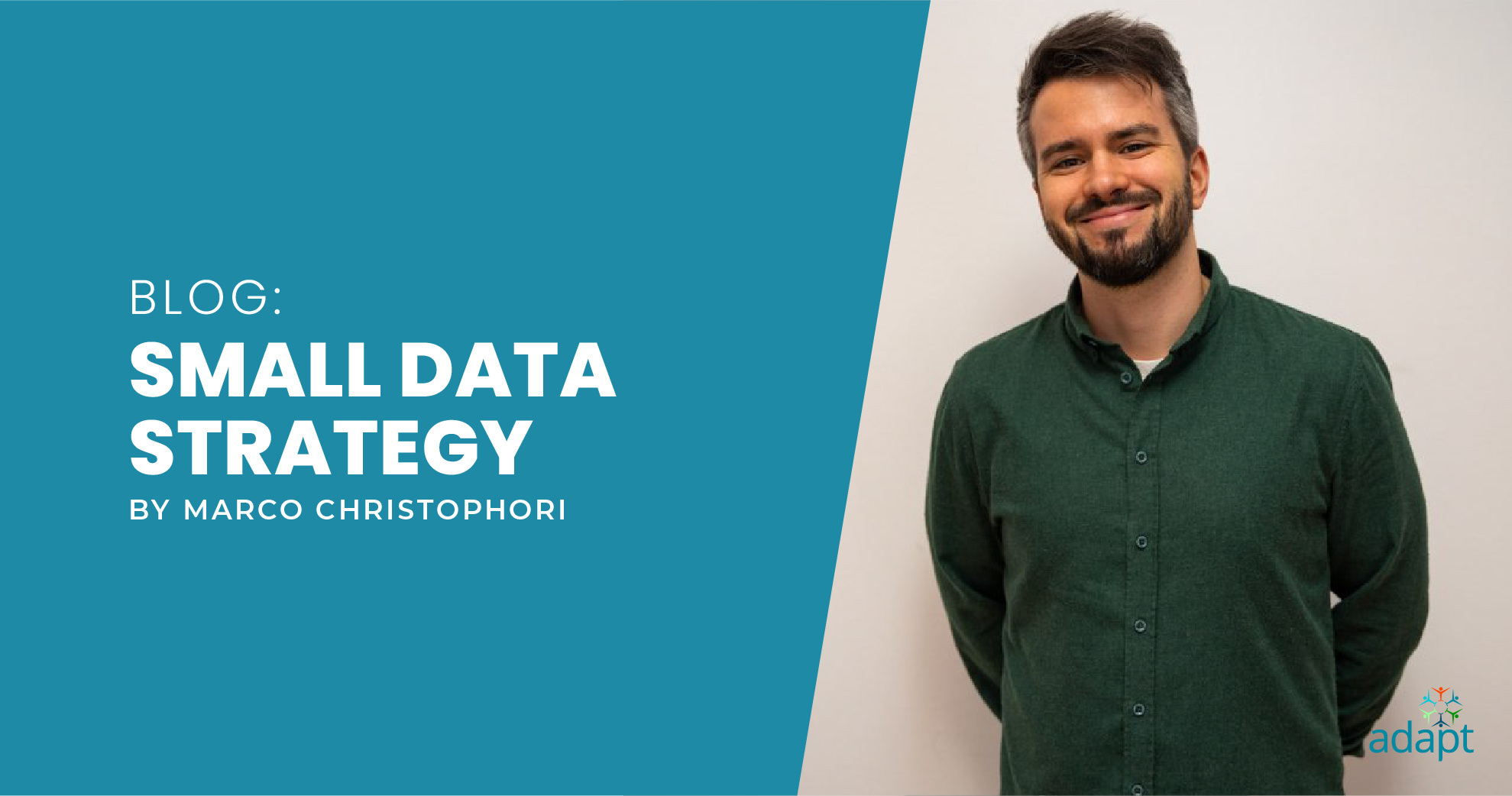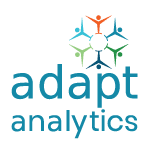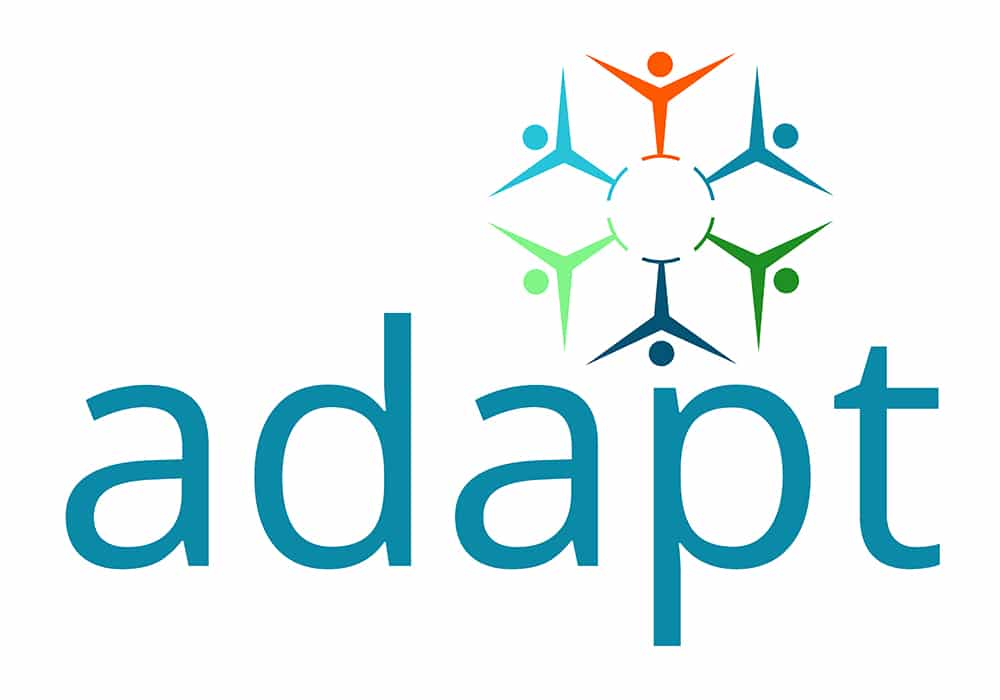Small Data Strategy
Creating Scalable Business Impact in Any Organization
August 3, 2023 | Blog

In the era of big data, the critical role of small data is often overlooked. Small data, manageable datasets with detailed pieces of information, offers vital insights into various business aspects – from customer preferences to HR processes, sales trends, and operational efficiency. This blog post explores how basically any business can benefit from small data strategies, how they can be implemented and scaled effectively to improve business performance, focusing on a practical example from the wholesale industry.

Reading time: 5 minutes – author:
Marco Christophori
Senior Analytics Consultant
The Untapped Potential of Small Data
Small data involves manageable datasets, easy to analyse and interpret. It reveals patterns that are often overshadowed by big data. From sales transactions and customer feedback to employee productivity metrics and operational details, small data uncovers the ’trees’ that make up the ‘forest’ of an organization.
While big data can set the strategic direction of a business, small data can facilitate and improve current business strategy via more informed and tactical decision-making, reducing costs of operations or allowing businesses to personalize, localize, and optimize their activities.
“How your organization can save multiple FTEs with Small Data Strategies”
Implementing and Scaling a Small Data Strategy
Implementing a small data strategy begins with identifying what type of small data will be most valuable for your business. This could involve customer behaviour data, HR metrics, sales transactions, or operational details. Once the focus areas have been defined, you need to establish methods for capturing this data accurately and consistently.
Next, you need to organize this data in a scalable way. This could involve using spreadsheets or standardized CRM or ERP software. If you need to organize data from different data sources, a custom solution like a modern data platform enables you to combine & harmonize data, making it accessible and usable.
The data then needs to be analysed, which involves using visualization & statistical methods to identify trends, patterns, correlations and more if needed. This can lead to actionable insights that drive strategic decision-making.
Finally, for the success of your small data strategy it is especially important to establish a regular feedback loop where the results and insights derived from the various activities are continuously used to refine and improve the future course.*
*If you want to learn more about why a data strategy should be agile, check out our agile data strategy approach.
Small Data in the Wholesale Industry
As an example, we can look at one of our past clients, a middle-market wholesaler. Despite a lot of success in the past, the company started to face challenges with customer retention, sales performance, increasing costs, and operational inefficiency.
We started with identifying the types of small data that were most relevant to their challenges – client preferences, individual sales transactions, employee productivity metrics, and detailed operational data. To get a holistic overview over the distinct aspects of the business, they decided to implement a modern data platform that organizes the different data sources and allows to analyse their data systematically.
By analysing the data, we identified patterns and correlations that led to actionable insights. For instance, a particular product line performed better at specific times of the year, certain work schedules led to higher productivity, and faster access to sales information reduced storage costs and order fulfilment times. On a wider scale, we rolled out custom dashboards to the different departments which reduced time spend on finding and processing necessary information and enabled faster & more informed day-to-day decision making.
With this information, we helped our client to optimize their sales strategy, work schedules, and operations. They also used the insights gained from their client data to deliver personalized services, improving customer satisfaction and retention. This approach of continuous refinement based on small data insights transformed our client’s business approach and performance.
Conclusion
Small data strategies present an untapped opportunity for businesses to enhance their performance. There are not so much about having more data, but about having crucial business data much faster available presented in the right way. By implementing a scalable small data strategy, businesses can continuously generate insights, drive strategic decision-making, and refine their approach based on feedback. The future belongs to those businesses that can effectively harness data, be it big or small, to guide their growth.
Are you interested in what a small data strategy can do for your organization?
Contact me directly or use our contact form.

